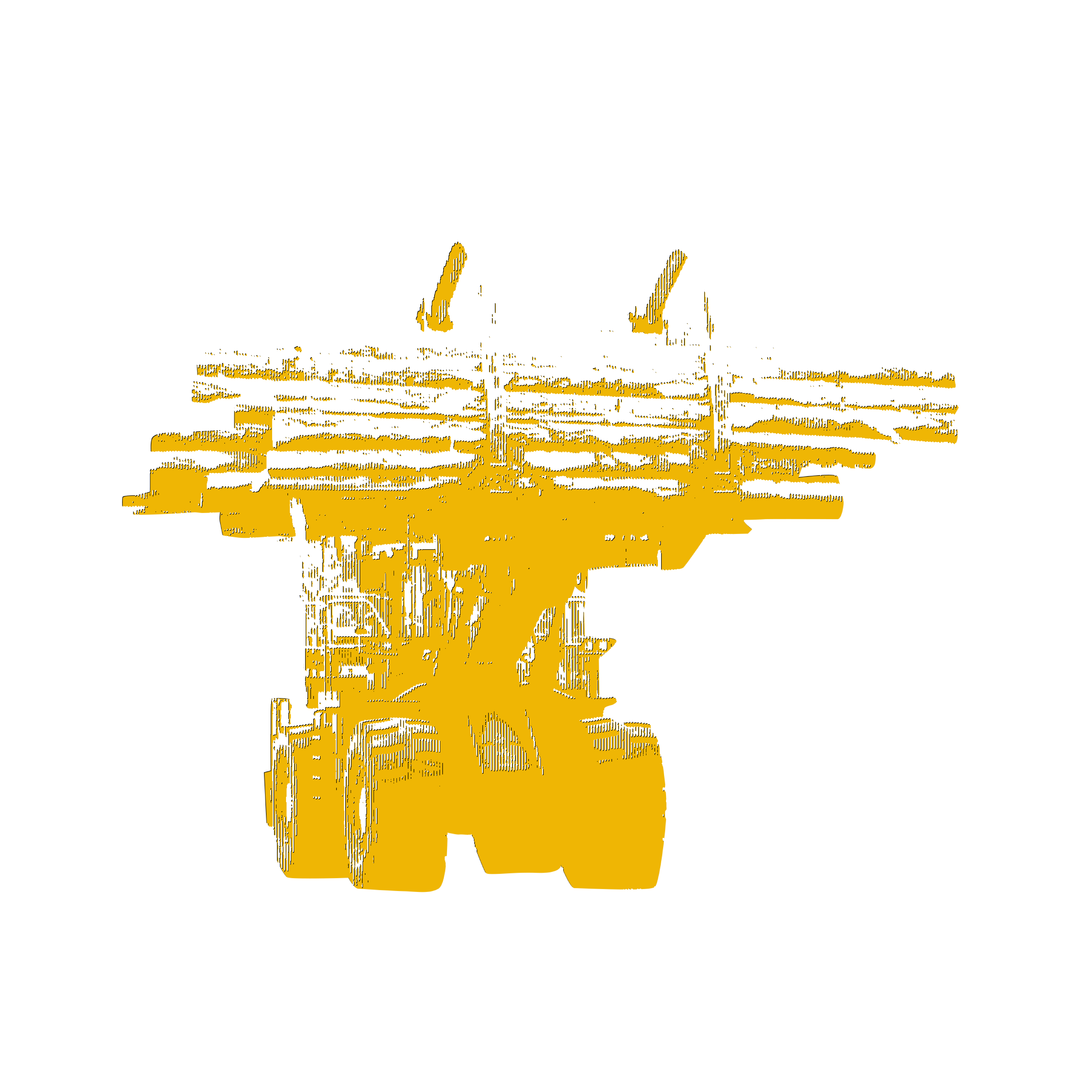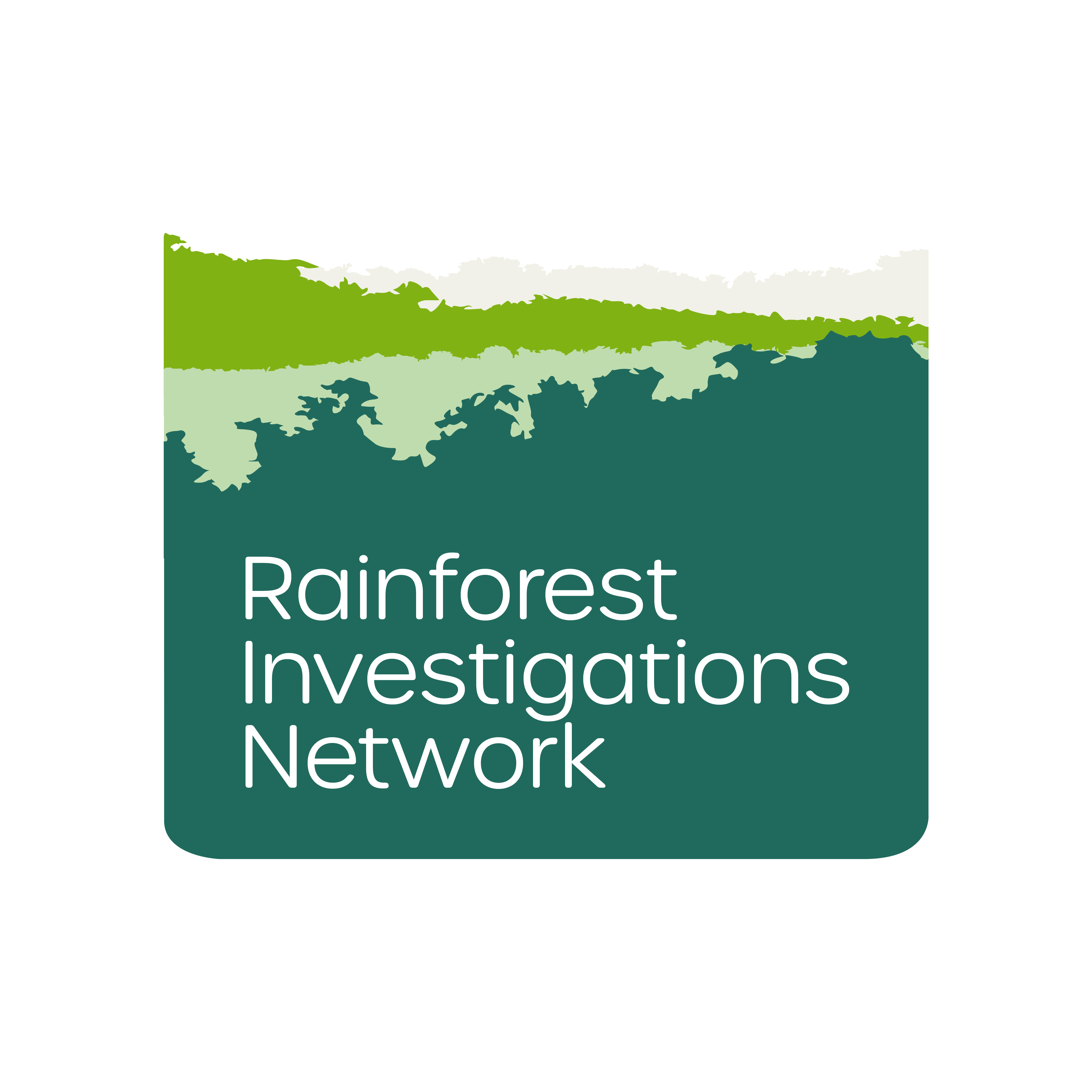- Arrested by Brazilian Federal Police, cattle rancher Bruno Heller and relatives have already received over US$ 5 million in environmental fines. He is also suspected of land grabbing.
- Heller transported cattle from a family farm fined for environmental violations to two other properties free from environmental implications — this maneuver is an indication of the so-called “cattle laundering.”
- A Frialto Group meatpacking plant confirmed that it slaughtered 249 animals of the Heller family. The facility supplies Carrefour, but the French retail company states that the meat from animals raised by Heller did not reach its supermarkets.
Rancher Bruno Heller, arrested at the beginning of the month and identified by the Brazilian Federal Police as the “greatest devastator of the Amazon,” transported cattle from a family farm fined for environmental violations to two other properties free from environmental implications, in 2021 and 2022. During the same period, these properties sold animals to a Carrefour supplier slaughterhouse.
This practice is an indication of so-called “cattle laundering,” in which cattle raised in irregular locations are passed on to areas considered to have a “clean record” and subsequently sold to major meatpacking plants. The maneuver is commonly used to bypass control mechanisms and is considered one of the main sustainability challenges in the Brazilian meat industry.

As a nonprofit journalism organization, we depend on your support to fund more than 170 reporting projects every year on critical global and local issues. Donate any amount today to become a Pulitzer Center Champion and receive exclusive benefits!
Animal transit information obtained by Repórter Brasil, a Brazilian news outlet, shows that animals raised on the Formosa II farm, fined for illegal deforestation and suspected of land-grabbing, were transferred in 2021 and 2022 to Formosa V and Formosa VI, free from environmental implications. These two properties, owned by Bruno Heller’s daughters, sold animals to the Vale Grande slaughterhouse, a Frialto group brand, in those same years.
Frialto operates three meat plants in northern Mato Grosso, all authorized for export to the European Union and other countries. One of these units, located in a town called Matupá, in Mato Grosso state, acquired animals from the Heller family with suspicions of irregularities.
This same slaughterhouse supplied meat to Carrefour in the years 2021 and 2023, according to the Pasture to Plate app. The digital tool traces the sanitary surveillance codes found on product packaging and identifies the originating slaughterhouse of the meat.
Initially, Carrefour stated that it “thoroughly examined the extensive database of farms supplying meat to all the slaughterhouses that cater to the Group, and confirmed the absence of any property linked to the mentioned accused individual or to individuals with the same surname.”

However, Frialto itself confirmed that it slaughtered 249 animals on behalf of Tatiana Heller, one of Bruno’s daughters, in 2022 and 2023. The slaughterhouse also stated that it blocked the properties after identifying “a possible connection to Bruno Heller’s non-conformities.”
Frialto’s statement acknowledges the problem of cattle triangulation but claims “there aren’t yet market tools for monitoring indirect suppliers.” The group is one of the signatories of the “Beef Agreement” proposed by the Federal Public Prosecutor’s Office in 2009 to prevent slaughterhouses from purchasing cattle from irregular areas.
Repórter Brasil submitted a new inquiry to Carrefour on Monday, Aug. 14, regarding the Frialto units that supply meat to the group, but no response was received by the time this article published (read the complete statements).
Following the release of this report, Carrefour issued a further statement affirming that the meat from animals raised by the Hellers did not reach the supermarkets within the group. This is despite the fact that the family’s cattle were slaughtered at Matupá plant, a supplier of the retail network.
The defense of Bruno and Tatiana Heller stated in a note that they await the conclusion of the investigations and will only provide comments within the legal process, “an opportunity when the facts will be properly clarified, and Bruno’s innocence will be duly proven.”

“The greatest devastator of the Amazon”
Repórter Brasil gained access to the 299-page case filed by INCRA, revealing how Heller divided the supposedly grabbed lands among his relatives.
According to the records, Heller’s wife, daughters, brothers, nieces and other relatives were used to try to regularize the farms, a practice referred to by the federal agency as “fraudulent fragmentation.”
Among the relatives acting as a “straw man” for Heller is his daughter and Frialto supplier, Tatiana Heller. In 2008, when the land fragmentation took place, she was 17 years old, indicating that she was not the one in charge of the area at that time.

Since the 1990s, the Heller family has accumulated 43 environmental fines from IBAMA, the federal environmental agency, ranging from illegal deforestation to buying cattle from protected areas.
The total value of the fines exceeds $5 million; Bruno alone is responsible for about half of this amount. His daughter received three fines from IBAMA in 2023, totaling $1 million, for buying and trading more than 1,600 head of cattle raised in a federal conservation unit, the Jamanxim National Forest, in Novo Progresso.
By comparing geographical information from the two most recent IBAMA fines against Bruno Heller with satellite images on the Planet Explorer platform, the extent of devastation attributed to the rancher’s family can be highlighted. In less than five months in 2021, an area of nearly 17 square kilometers (6.6 square miles) was destroyed. This is equivalent to five times the size of Central Park, in New York City.
Despite being labeled by the Federal Police as the “greatest devastator of the Amazon,” the same police force has previously conducted operations that resulted in the arrests of ranchers and soy producers accused of causing larger-scale destruction than Bruno Heller, as seen in Operations Castanheira (2015) and Rios Voadores (2016).
Encroaching on agrarian reform territories
A portion of the land allegedly grabbed by Heller (5,000 acres) overlaps with the Terra Nossa Sustainable Development Project (SDP) settlement. Heller is among the 144 farmers who, according to a report by INCRA, invaded the area designated by the federal government for agrarian reform.
With agribusiness encroachments, the settlement is affected by illegal logging theft, as shown by Repórter Brasil in 2019, and by the cultivation of soy, which was sown near the village where some residents live, as exposed by Repórter Brasil in 2022. This type of cultivation contradicts the purpose of this form of agrarian reform, which should serve social and ecological interests, intended for the subsistence of settled peasants.
Land conflicts have led to the murder of two community leaders in Terra Nossa. In 2018, Antônio Rodrigues dos Santos, known as “Bigode,” disappeared after reporting illegal timber extraction on his plot. Aluísio Sampaio, president of the Union of Family Farm Workers of neighboring Castelo dos Sonhos, who demanded an investigation into Bigode’s disappearance, was also murdered.
The current leader, Maria Márcia Elpídia de Melo, survived an assassination attempt and is in hiding, living under the protection of a federal government program. “The land-grabbers are advancing and promoting the sale of plots,” Melo told Repórter Brasil in 2022.
Terra Nossa was established in 2006 in an area of 1,500 km2 (580 mi2), equivalent to the size of São Paulo city, situated between the municipalities of Novo Progresso and Altamira. There, 350 small farming families reside in plots already demarcated by INCRA, but they still await the agency to consolidate the settlement with infrastructure development, credit allocation and technical assistance.
“The Pioneer Logic”
Exactly four years ago, in August 2019, Novo Progresso, where the Heller family operates, was the epicenter of an event known as the “Day of Fire,” when Pará farmers coordinated via WhatsApp to simultaneously set fire to pasture and forest areas, all in the first year of Jair Bolsonaro’s presidency.
It was also in Novo Progresso that Bolsonaro supporters, disgruntled by the ex-president’s election defeat, blocked the BR-163 highway and attacked federal police officers attempting to clear the blockade.
According to Maurício Torres, a Ph.D. student in geography and a professor at the Federal University of Pará, “the town’s logic is pioneering, characterized by invasion and plunder,” normalizing deforestation and land-grabbing.
This perspective, according to the researcher, leads the Heller family to be regarded as a respected part of Novo Progresso, present in the community for more than 40 years. “Those who deforest become landowners, not criminals, because socially, this kind of activity is not considered a crime in the town.”
Complete statements
Frialto
First statement
“Vale Grande is indeed a signatory to the Beef Agreement. Additionally, it’s important to mention that we were actively involved in the development of the ‘Boi na Linha’ protocol in collaboration with Imaflora and the Federal Public Ministry. We have our procedures and purchases audited by independent companies. We have several initiatives and pilot projects for monitoring Indirect Suppliers in partnership with NWF. Through these efforts, we can ensure that the acquisition of cattle from irregular areas has not taken place.
In the specific case, rural producer Bruno Heller does not have any registered property with Vale Grande.
Lastly, we do have a commercial relationship with Carrefour.”
Second statement
“We internally verified and did find records of Tatiana Heller conducting 181 cattle slaughters in 2022 and 68 in 2023. However, all of these were sourced from properties without any environmental liabilities. As soon as we identified a possible connection to Bruno Heller’s non-conformities, we immediately suspended transactions with the property.
The identification and monitoring of cattle triangulation remains a challenge for the meat industry. There aren’t yet market tools for monitoring indirect suppliers. This is a topic that sustainability-focused task forces are grappling with, but it’s still in its early stages.
I reiterate that we are constantly enhancing our internal tools and procedures to mitigate any possibility of acquiring cattle from socially or environmentally non-compliant properties.
We remain available for any further clarifications.”
Carrefour
“In accordance with the procedure of Carrefour Group Brazil, upon receiving the alert from Repórter Brasil, the company promptly initiated an investigation into the allegation. We thoroughly examined the extensive database of farms supplying meat to all the slaughterhouses that cater to the Group, and confirmed the absence of any property linked to the mentioned accused individual or to individuals with the same surname.
Simultaneously, we requested the cited slaughterhouse to conduct an investigation based on the acquisition policy criteria of the Group, which is a mandatory requirement for all slaughterhouses. This investigation covers the prospecting, slaughter, and distribution stages.>
As a means to further the ongoing investigation, the Group has provided the publication with the names of potential additional individuals involved in the case.
These actions are part of a stringent protocol of continuous monitoring adopted by Carrefour Group Brazil, which also includes:
Dual verification (in addition to the slaughterhouse) by continuously comparing the information from the slaughterhouses for each received batch, utilizing satellite image analyses of the farms (following the ‘Boi na Linha’ Protocol, of which the Group is a signatory and is promoted by Imaflora in collaboration with the Federal Public Ministry of the State of Pará).
Regular monitoring with the slaughterhouses to assess progress in relation to the Group’s commitments to combat deforestation and the goals established by the slaughterhouses, especially concerning Indirect Suppliers.
The existence of a Forest Committee composed of some of the country’s leading experts to contribute to the constant evolution of commitments and measures aimed at forest protection and biodiversity conservation, fundamental pillars of our ESG strategy.”
This article was first published in Portuguese on Aug. 23, 2023 by Repórter Brasil.














